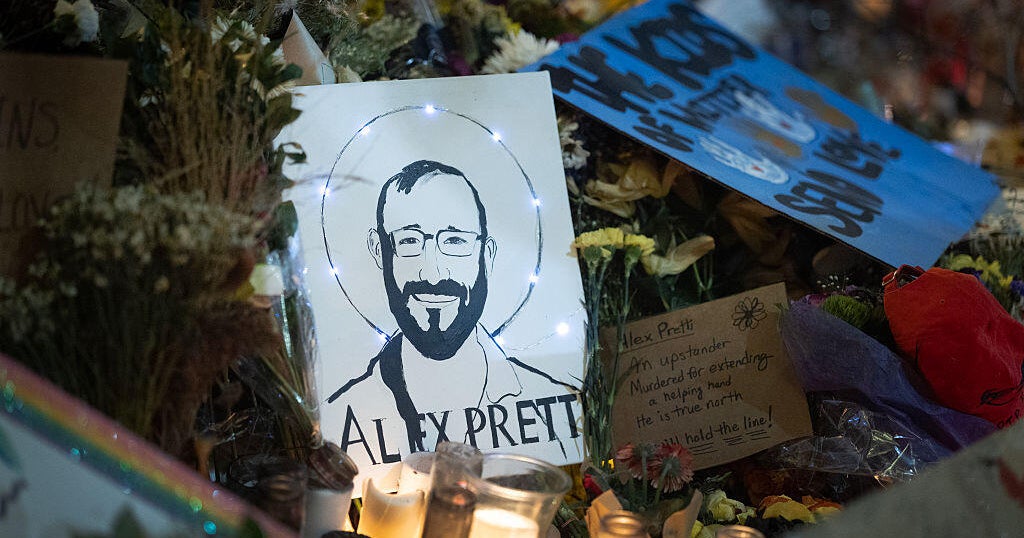Good Question: Why Do Telemarketers Still Call?
MINNEAPOLIS (WCCO) - In 2014, almost 50,000 Minnesotans complained to the Federal Trade Commission about telemarketers and robocalls. These people are on the Do Not Call List, but are still being interrupted by the ringing phone.
"I've had companies call me saying you're months behind on payments," said one Minneapolis man whose cellphone is registered. "And I don't even have a credit card with this company."
Many WCCO viewers have sent us frustrated emails as well. So, how can these calls still happen? Good Question.
"Do Not Call is good for consumer -- it definitely cuts down on the some of the calls," said Dan Hendrickson, a spokesman with Better Business Bureau of Minnesota and North Dakota. "But the fact of it is, your phone is still going to ring."
Just about three-quarters of the phone numbers in Minnesota are on the Do Not Call Registry. The list been in place since 2004 and is updated every month. It applies to cell phone and home landlines, but businesses aren't covered. It does have a few exceptions, including political, charitable and survey calls. Calls from companies a person has a business relationship with are also allowed for 180 days.
"The fact is most of the good companies obey the Do Not Call list," Hendrickson said. "It's the bad players who are not obeying and are breaking the rules."
Over the past decade, the FTC has issued $144 million in civil penalties on companies that have violated the rules. It's biggest ruling was in 2013 for $7.5 million against Mortgage Investors Corporation. It's also issued $1 billion in equitable monetary relief to victims.
But over the past eight years, another problem has arisen: robocalls, or pre-recorded calls, made to telephones over the Internet. Since 2009, these calls have been illegal – with some political, charitable, survey and informational exceptions -- whether or not a person is on the Do Not Call List.
"In short, bad actors have taken advantage of this relatively cheap and scalable business model and used it blast literally tens of millions of robocalls, illegal robocalls, over the course of one day at a cost of less than one cent per call," said FTC Associate Director Lois Greisman before a U.S. Senate hearing on Wednesday.
New technology allows these operators to keep ahead of regulators.
"They do manage to shut down some of these operations, even get money back sometimes, but a lot of these happen overseas and those operations are very tough to shut down," Hendrickson said.
If people are having problems with telemarketers and robocalls, Hendrickson suggests joining the Do Not Call Registry.
After that, the FTC recommends hanging up the phone, not pressing any numbers, calling your phone company to the block the number, and filing a complaint with the FTC.
They're also issuing a Robocall Challenge to encourage people to come up with ways to stop robocalls.







